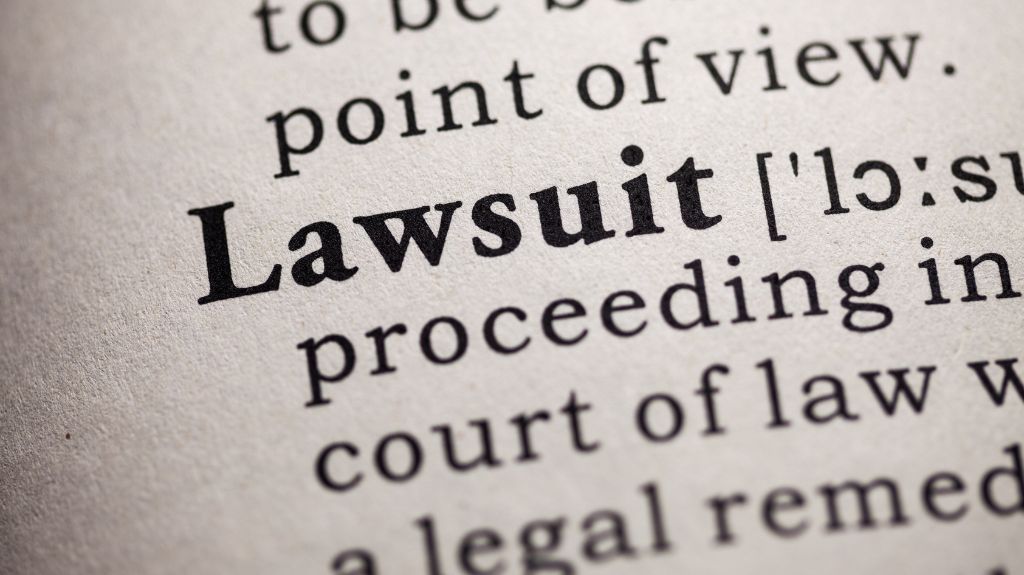
Have you filed a lawsuit as a small business owner? Has your business had a lawsuit filed against it? Saxton Law Firm in Kansas City, MO can help answer your questions and represent you in a courtroom. When you file a lawsuit in small business court or are the subject of a small business lawsuit, a common question that we hear at Saxton Law Firm is – how long does a small business lawsuit take? We are here to help at Saxton Law Firm!
A small business lawsuit can take up a lot of your time and resources as a small business owner and a typical small business lawsuit can take from 24 to 30 months to go to trial – if a trial is necessary. More than 97% of small business cases never go to trial and are settled outside of the courtroom via arbitration or mediation. Small business lawsuits for money in Kansas City, MO that involve personal injury or property damage must be filed within five years of the incident. A small business claim that involves a breach of contract must be filed within 10 years.
What Is the Legal Timeline for a Small Business Lawsuit?
Business owners who have not been involved in a lawsuit may not know what to expect. There is no standard timeline for a small business lawsuit and the time it takes to reach a legal conclusion will vary based on the type of lawsuit filed and additional elements that include – legal motions, discovery, trial and potential appeals. Here is a basic breakdown of the legal timeline for a small business lawsuit in Kansas City, MO.
1. Complaint Filed
A complaint is the first step in a civil lawsuit. The complaint is an official legal document prepared by your attorney that includes all of the details of the claim that the plaintiff has against the defendant.
2. Summons Filed
When the complaint has been filed with the court, the defendant will be served with a summons – a notification of the complaint and lawsuit. The defendant must respond to the summons within a set period of time.
3. Answer Filed
The defendant named in the complaint will file an answer with the court. The answer will include any counterclaims and any third-party complaints against the plaintiff and the plaintiff must respond within a certain timeframe.
4. Discovery and Exchange of Documents
When the answer is received by the court, the parties named in the claim will exchange any documents that are relevant to the claim – known as the discovery portion of the process. Discovery takes three forms – written questions, document production and depositions.
5. Meditation, Arbitration and Negotiation
Remember when we said that most lawsuits do not go to trial? Mediation, arbitration and negotiations between yourself, the other party and your respective legal teams can lead to a quick conclusion of the case and is a necessary step in some states.

6. Motions Filed
Legal teams will file motions to end a case when they have all the facts and when the mediation process has concluded without result. This part of the process provides a judge with the chance to resolve the case prior to an actual court trial based on the information provided by the rest of the process.
7. Trial Date Set
If the parties involved in the lawsuit cannot reach an agreement via mediation or arbitration and law does not dictate a solution, the case can go to trial. Both the plaintiff and defendant have the option to request a jury.
READ MORE: How To Protect Your Small Business From Lawsuits
Are you unsure what to do when your business is sued? Do you want to know how long a small business lawsuit will take? We can help answer your questions at Saxton Law Firm. Contact Saxton Law Firm today for a FREE legal consultation!
